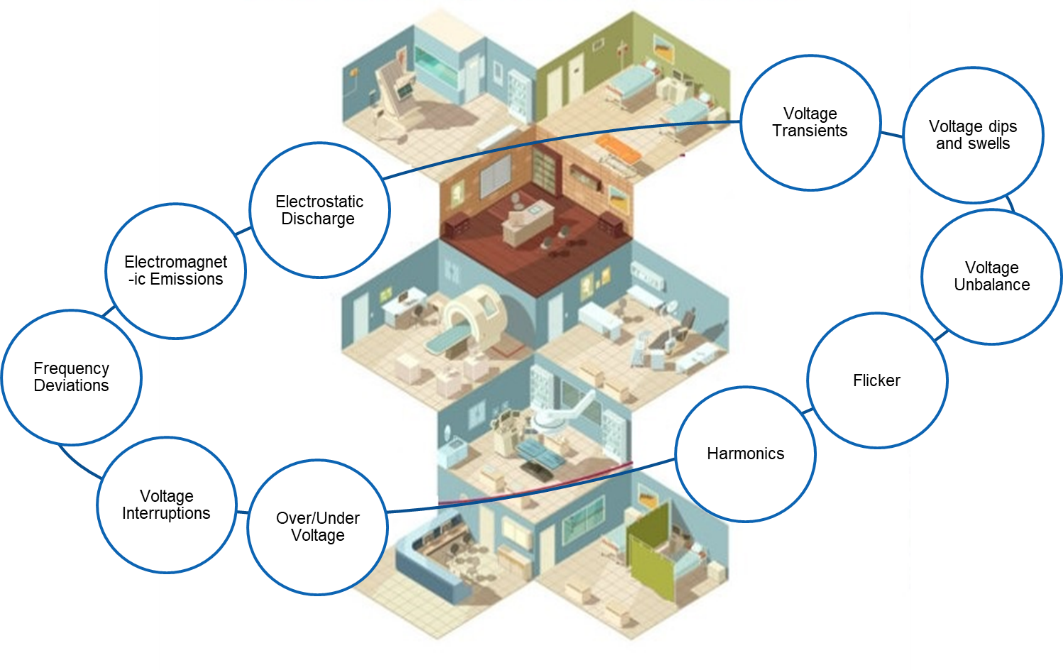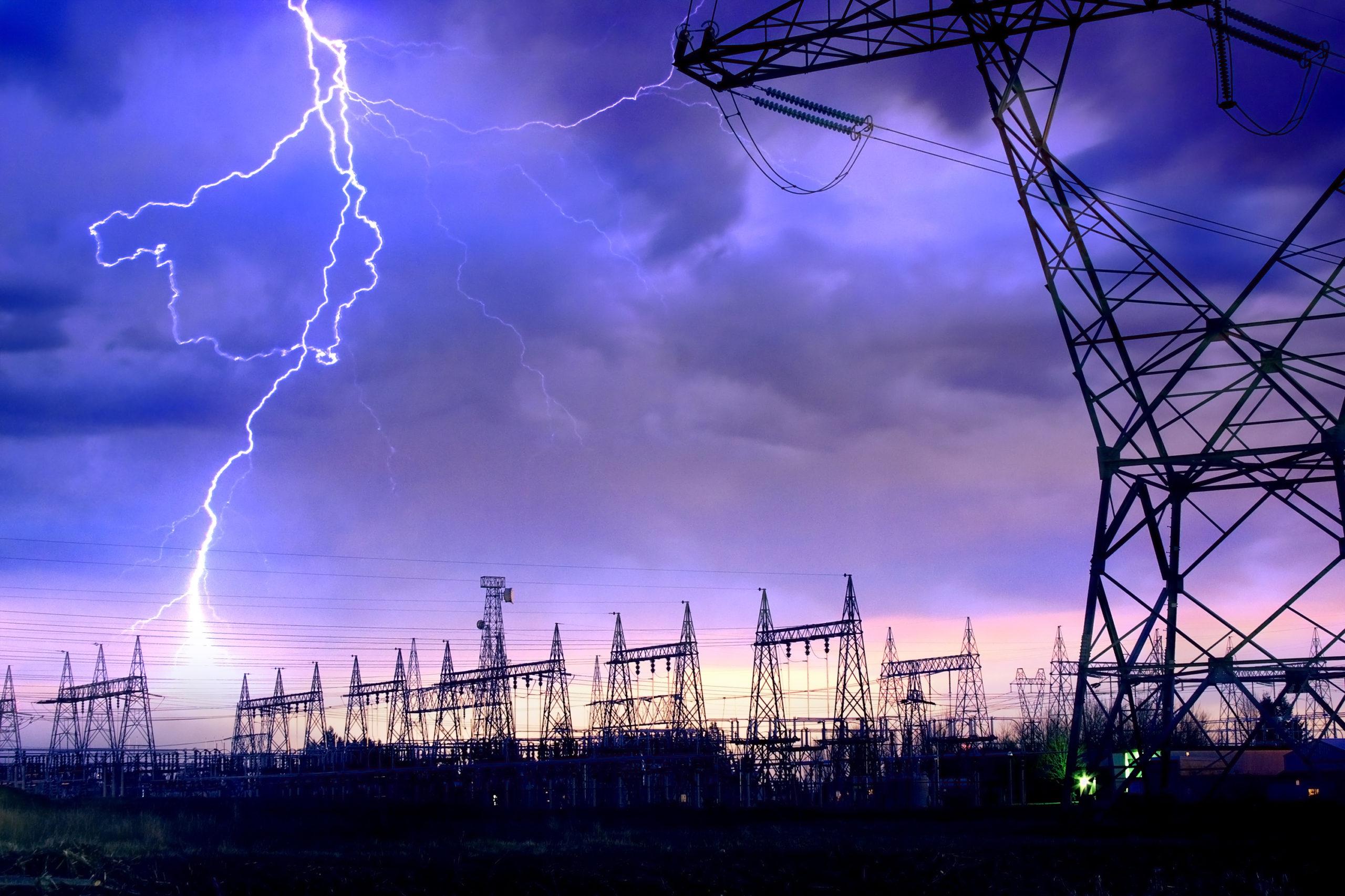Importance of Electrical Safety in Chemical and Pharma Industries: Best Practices for Preventing Workplace Accidents.
Electrical safety is essential to workplace safety in the chemical and pharmaceutical industries. These industries involve complex machinery and equipment, including electrical systems, which, if not handled properly, can lead to dangerous accidents. The risk of electrical hazards in these industries is heightened due to highly reactive chemicals, flammable substances, humidity, and aggressive chemicals that can ignite and cause fires and explosions.
The consequences of an electrical accident can be devastating, leading to injuries, fatalities, property damage, and financial loss. Moreover, these incidents can cause significant disruptions to operations, affect production timelines, and damage the organization's reputation. Therefore, chemical and pharmaceutical industries must prioritize electrical safety and implement best practices to prevent workplace accidents and failure of electronic components.
One of the critical steps to ensuring electrical safety for chemical plants and pharmaceuticals is to develop and implement a comprehensive electrical safety program that outlines the procedures and protocols for identifying, mitigating, and managing electrical hazards. This program should cover all aspects of electrical safety, including equipment selection and maintenance, worker training and qualification, hazard identification and assessment, and emergency response procedures. Few other initiatives that organizations must follow include:
1. Regular electrical safety inspections: Regular inspections of electrical equipment, wiring, and systems can identify potential hazards and prevent accidents and chemical accidents from electric power outages before they can cause an accident. Safety audits for the pharmaceutical industry and electrical safety audits should be conducted according to manufacturer guidelines, industry standards, and regulatory requirements for thorough risk assessment.
2. Proper training: Training employees about electrical safety is the first and most crucial step in preventing workplace accidents. Employees must receive adequate training on safely using electrical equipment, handling hazardous materials, and emergency response procedures. Regular training should be provided to the entire workforce, including operators, maintenance personnel, and management. The electrical safety training should be comprehensive and cover the potential hazards associated with electrical equipment, safe work practices, chemical accidents, power system failures, electrical power distribution systems, short circuits, and emergency procedures.
3. Appropriate personal protective equipment (PPE): Personal protective equipment should be used when working with electrical equipment. Employees should wear PPE, such as safety glasses, gloves, and fire-resistant clothing when working with hazardous materials and electrical equipment. PPE provides additional protection and can help prevent injuries in an accident. In 2022, the market for electrical safety PPE was estimated to be USD 18 billion. This is anticipated to expand further at a rate of around 5% CAGR from 2023 to 2032, driven by the growing emphasis on worker safety.
4. Lockout/tag-out (LOTO) system: While the importance of LOTO is widely known, it was the sixth most common occupational violation according to Occupational Safety and Health Administration (OSHA), with more than 2065 citations in 2020. LOTO is a safety procedure that involves locking or tagging equipment and disconnecting it from its power source before maintenance or repair work begins. This procedure helps prevent accidental electrical shocks and electrocution.
5. Explosion-proof equipment: According to a research of 2020, explosions were associated with 71% of incidents, which resulted in 89% of fatalities in the pharmaceutical industry across 2018 and 2019. In hazardous areas, explosion-proof electrical equipment, such as switches, lights, and wiring, should be used to prevent sparks that could ignite flammable substances.
6. Emergency response planning: A fire safety plan should be in place to prevent and respond to fires. This plan should include fire extinguishers, emergency exits, evacuation routes, and employee training. Additionally, chemical and pharmaceutical industries should conduct regular emergency drills and simulations to test their emergency response procedures. The aim is to ensure that workers are adequately trained and prepared to handle electrical accidents and are well aware of all electrical safety protocols. These drills should cover all aspects of electrical safety, including power outages, electrical fires, and electrocution.
7. Electrical equipment maintenance: Chemical and pharmaceutical industries should conduct regular inspections and audits of their electrical systems and equipment to identify and rectify potential hazards, faulty equipment, and improper installation before they result in accidents. Electrical equipment, including motors, switches, and cables, should be routinely maintained, repaired, and replaced, as necessary, to prevent malfunctions and reduce the risk of electrical fires and explosions.
8. Compliance with industry standards and regulations: Chemical and pharmaceutical industries must comply with electrical safety regulations and guidelines set by government agencies and industry standards organizations such as the Occupational Safety and Health Administration (OSHA), National Fire Protection Association (NFPA), and International Electrotechnical Commission (IEC). Compliance with these standards helps to prevent accidents and ensure that equipment is maintained and inspected according to recommended procedures. These codes and standards outline the minimum requirements for the safe design, installation, and operation of electrical systems and equipment.
9. Clean and organized workplace: Keeping the workplace clean and organized can help prevent accidents caused by electrical hazards. Electrical equipment should be kept clean and debris-free, and the workplace should be organized to avoid tripping risks. Moreover, all electrical equipment, wiring, and hazards should be labelled to ensure that employees are aware of potential dangers.
10. Reporting near-misses and incidents: Encouraging employees to report near-misses and incidents can help identify potential hazards and prevent accidents. Near misses could have resulted in an accident but were avoided due to timely intervention. Reporting of such incidents should be encouraged and followed up to prevent similar incidents from occurring in the future.
By implementing these additional steps, chemical and pharmaceutical industries can further improve their electrical safety measures and prevent workplace accidents. It is essential to continually assess and improve safety practices to ensure a safe working environment for all employees.




